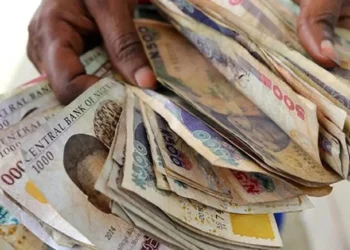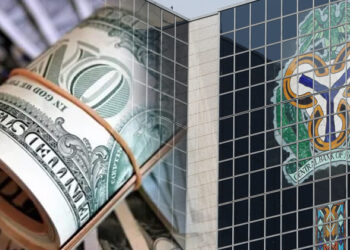Nigeria recorded a significant turnaround in its external financial position in 2024, achieving a $6.83 billion balance of payments (BOP) surplus, according to data released by the Central Bank of Nigeria (CBN). This development marks a reversal from two consecutive years of deficits and reflects growing confidence in the country’s macroeconomic reforms and trade performance.
The BOP, which tracks all financial transactions between Nigeria and the rest of the world, moved from a $1.21 billion deficit in 2023 to a notable surplus last year. The CBN attributed this shift to improved trade flows, capital account gains, and higher diaspora remittances.
Trade and Transfers Drive Surplus
According to the CBN, Nigeria’s current and capital account posted a combined surplus of $17.22 billion in 2024, up from $2.59 billion the previous year. The trade balance contributed significantly, driven by a 48.3% rise in gas exports and a 24.6% increase in non-oil exports, while imports dropped across both petroleum and non-oil sectors.
Additionally, personal remittances surged to $20.93 billion, and inflows via International Money Transfer Operators (IMTOs) rose sharply by 43.5% to $4.73 billion. These gains reflect renewed trust in official remittance channels. Nigeria also received $3.37 billion in official development assistance, up 6.2% year-on-year.
External Reserves Rebound
The positive BOP position helped push Nigeria’s foreign reserves up by $6 billion, ending the year at $40.19 billion, their highest level in almost three years. The CBN also noted a 79.5% decline in net errors and omissions, indicating better tracking and transparency in financial reporting.
Reforms at the Heart of Recovery
CBN Governor Olayemi Cardoso credited the improvements to sweeping policy reforms, including the liberalisation of the foreign exchange market, removal of fuel subsidies, and monetary tightening aimed at curbing inflation and stabilising the naira.
“This surplus marks an important step forward for Nigeria’s economy, benefiting investors, businesses, and everyday Nigerians alike,” Cardoso said.
Challenges Ahead
Despite the encouraging figures, challenges remain. The naira has recently weakened past N1,600 per dollar, despite CBN interventions totalling over $400 million, pointing to ongoing forex market pressures.
Meanwhile, international trade tensions pose new risks. On April 8, the U.S. Trade Representative criticized Nigeria’s import restrictions on 25 product categories, calling them barriers to market access. These disputes could affect future trade flows and external relations.
Outlook
Analysts caution that sustaining the BOP surplus will depend on continued non-oil export growth, stable oil prices, and the ability to attract foreign investment. While 2024 marks a year of progress, maintaining economic stability in 2025 will require navigating both domestic inflationary pressures and evolving global trade dynamics.
The CBN’s data signals hope for lasting macroeconomic stability, but policymakers must remain vigilant in addressing structural bottlenecks and maintaining reform momentum.










